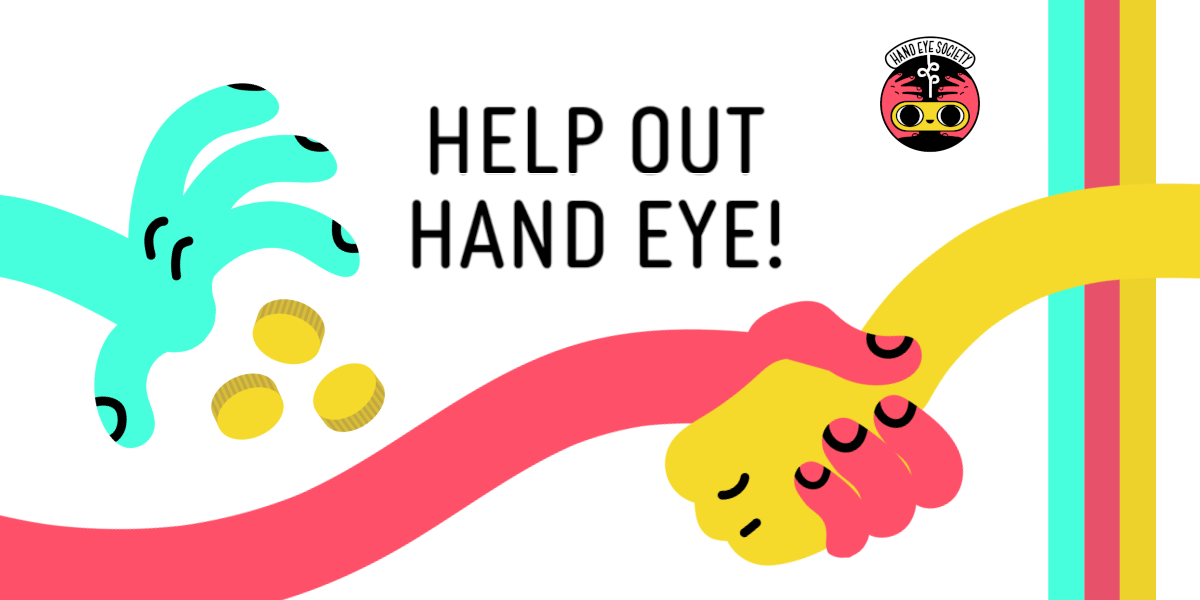
[Spotlight Game] Home
Every month, Hand Eye members get a free indie game along with their free-range organic sacrificial goat. We’re getting creepy with October’s game of the month, Benjamin Rivers’ Home. You can snag it at homehorror.
HOME AND THE ART OF MEMORY

Home is where the heart is. Too bad your booze-stinking amnesiac heart is wedged deep in the shriveled guts of past sins and dried in the old blood of dead loved ones.
Benjamin Rivers takes you on a trip down memory lane in Home, if memory lane was rife with potholes, bad traffic, and the occasional corpse. This pixelated horror’s set in a deserted town and one man’s reminiscing, his surroundings informing his vague memories of who he is and what he’s done.
Playing Home got me thinking about trauma, and how it doesn’t happen in the thick of devastation. Trauma imprints afterwards, distinguishing horror from terror, the slow sick dawn of realization from the dizzying starlight of jumpscares. Your stomach curdles as gameplay progresses, building up with each terrible revelation.
Home gets gory with descriptions rather than visuals. It’s much to the game’s benefit, because the mere suggestion of decay is far more potent than what pixelated graphics could offer. The real frights aren’t in what you see, but the underlying context, which shifts and deforms depending on which actions players take. A box of old clothes boxed up in the attic could be just that for one playthrough, or they could be something much more sinister in another.
It raises the same question again and again with each choice, like that damn catchy Arctic Monkeys song: do I wanna know? Are the mysteries of the town worth uncovering, at the expense of your mental state? Do you really want to find out what your wife did?
DON’T LOOK is graffitied on walls, so yeah, consider that.

That being said, Home is a game very much centered in the present. Inside buildings, your lamp only illuminates a small radius around your smaller existence. The world isn’t real beyond what you can see and you can only see what’s immediately there; untold things and people are existing and unexisting around you, Schrödinger’s catting up the place.
I liked how physically leaving spaces became an act I dreaded. When you leave a stage, there’s a door exit animation that thrusts you from third-person to first-person perspective, peering into the unknown darkness before you. You always half-expect a jumpscare at this point, or for something just as jarring as your transition to interrupt your flow of play. Moving away from the familiar and inhabiting the protagonist became a way of reinforcing how every area you ventured into, even the ones you’ve been to before, could lead to something frightening.
The past is murky but defined in its unchangeable state. The dead stay dead, no matter who you think killed them. Because there are multiple endings with no “true route”, Home questions the worth of memory. If we’re shaped by our experiences, and awful ones erode us for the long-term, is there value in trauma? Even if you did or didn’t commit certain crimes, the fact that you have been exposed to them has changed you irrevocably. No matter what conclusions the protagonist ends up drawing, he’s still horrified, despairing his future, and very much alone.

What’s really remarkable about Home is that it ends asking players to post their theories on what happened. Just as the protagonist would ask the player if they had taken certain actions and therefore change his memory, the game gets players to keep remembering and keep altering what had happened, long after the actions they took wrought consequences. During my playthroughs, I took one stance, but reading what others thought made me realize how my biases, lived experiences, and pop culture knowledge swayed me towards my verdict. Ultimately, there are no answers.
When Home’s unreliable narrator is relying on players, the most unreliable of entities possessing them, for backstory, Home is bound to always be cloaked in questions and a pervasive sense of guilt.
You can get Home by calling an uber, taking TTC, or on Steam, Humble Bundle, iTunes, and PlayStation. Also, check out Home’s official website’s WTF section and please explain it to me. Game gave me enough questions as is, I can’t even deal with that.






